By Kidane Alemayehu
This appeal is respectfully submitted to:
The Ethiopian People;
The United Nations Security Council;
The Department of State, U.S.A.
The European Union;
The African Union including the people and Government of Zimbabwe; The UN Human Rights Commission;
The Human Rights Watch;
All people, especially international lawyers, interested in human rights.
A number of former officials of the Ethiopian military regime headed by ex-President Mengistu Hailemariam have recently been released from jail after serving several years of imprisonment in Ethiopian jails. Some of those inmates had committed horrendous crimes against humanity when they were in power during the infamous days of the Derg.(2) The controversy of the release of these criminals is likely to continue especially as they have never apologized for their crimes against the Ethiopian people.
In the mean time, what is not receiving any consideration, if at all, is the fact that the main person responsible for the crimes against humanity during the Dergue Regime, ex-President Mengistu Hailemariam, is still enjoying freedom as he is being sheltered by Zimbabwe’s President Robert Mugabe. Former dictator Mengistu’s escape to Zimbabwe was apparently facilitated with some help by a country that officially promotes democracy and justice internationally. He is now thumbing his nose at the international community in general and is known to have stated that he never harmed even a fly!
(1) I wish to thank Prof. Getachew Haile, Dr. Yacob H/Mariam, Ato Betru G/Egziabher, W/o Amasale Hailu, Dr. Minga Negash, and Kegn/Dr. Solomon Abebe for their helpful comments regarding my initial draft. However, the content is my responsibility.
(2) There are suggestions that go as far as condemning any concern with the Dergue’s crimes. They propose, instead, that everyone’s attention and effort should be focused only on current human rights issues in Ethiopia. However, it has to be noted that, firstly, ignoring past crimes against humanity merely emboldens new and future ones to be perpetrated with impunity and, secondly, that there is no reason why more than one struggles may not be undertaken concurrently. There is a further perspective that current crimes against humanity should be considered jointly with those committed in the past. However, in this writer’s opinion, such an approach merely dilutes or weakens each case and should, therefore, be taken separately and on its own merit.
THE UNITED NATIONS AND ICC ARE SILENT ABOUT MENGISTU
What is absolutely incomprehensible is the glaring inconsistency by the United Nations and ICC with regard to the application of justice regarding criminal dictators. On the one hand, there are the cases concerning Yugoslavia’s Milosovic and Liberia’s Taylor who have rightly been brought to justice at the International Criminal Court (ICC) in the Hague. There is also the pending case of Sudan’s President Omar al Beshir who has been indicted by ICC although he has so far managed to escape justice. On the other hand, there are notorious dictators such as Mengistu and several others in Africa and Asia who are allowed to go virtually scot free by the international community. It is obvious that the current international system of dealing with such perpetrators of crimes against humanity leaves a lot to be desired.
The international organizations that have the task to bring criminal dictators to justice are supposed to be the United Nations and the International Criminal Court.
As in the case of President Omar al Beshir whose country, the Sudan, is not a member of ICC, the United Nations Security Council has the authority to decide and direct the ICC to investigate, and, with sufficient evidence, indict a dictator who commits crimes against humanity or genocide.
ICC’s own declaration on its website (www.icc-cpi.int) states:
“The International Criminal Court (ICC), governed by the Rome Statute, is the first permanent, treaty based, international criminal court established to help end impunity for the perpetrators of the most serious crimes of concern to the international community.”
“On 17 July 1998, the international community reached an historic milestone when 120 States adopted the Rome Statute, the legal basis for establishing the permanent International Criminal Court.
The Rome Statute entered into force on 1 July 2002 after ratification by 60 countries.”
Following the adoption of the Rome Statute in 2002, 89 countries have joined the ICC so far including Kenya which has apparently decided recently to withdraw from the organization. Kenya’s action is most likely due to the following declaration by the ICC:
“On 31 March 2010, Pre-trial Chamber II, by majority, issued its decision authorizing the Prosecutor to commence an investigation into the situation in the Republic of Kenya in relation to crimes against humanity within the jurisdiction
of the Court committed between 1 June 2005 and 26 November 2009. On 15 December 2010, the Prosecutor, after conducting his investigations, submitted to Pre-Trial Chamber II two applications under article 58 of the Rome Statute requesting the issuance of summonses to appear for William Samoei Ruto, Henry Kiprono Kosgey, Joshua Arap Sang (case one) and Francis Kirimi Muthaura, Uhuru Muigai Kenyatta and Mohamed Hussein Ali (case two) for their alleged responsibility in the commission of crimes against humanity. In supporting his requests, the Prosecutor submitted to the Chamber several thousands of pages of documents.”
It is interesting to note that some notable countries such as Russia, China, and India have yet to join ICC. Of particular interest, however, is the fact that USA, which goes to great lengths to promote democracy on a global scale including, ostensibly, the wars in Iraq and Afghanistan has not yet become a member of ICC. 31 African countries have become members of ICC. Perhaps not surprisingly some African countries such as Egypt, Eritrea, Ethiopia, Libya, etc. have not joined.
As indicated above, although the Sudan is not a member of the ICC, its leader, President Omar al Bashir has been indicted by the ICC and is, therefore, subject to arrest if he sets foot in any ICC member country.
The big question, therefore, arises as to why the UN, the ICC, and the international community at large have, so far, preferred to be absolutely silent with respect to an even more deadly dictator, namely, Mengistu Hailemariam who is well known for having perpetrated huge crimes against humanity during his 17-year misrule in Ethiopia. As an example, his letter (copy from original obtained thanks to Ethiomedia.com) (English translation provided below) dated Hidar 13, 1967 (Eth Cal.)-(Nov 22, 1974 GC) authorizing the murder of 54 senior officials of Emperor Haile Selassie’s government is reproduced hereunder for immediate reference. In addition, among the well documented crimes against humanity committed by ex-Pres. Mengistu is the notorious “Red Terror” he launched as a result of which many streets in several cities and towns in Ethiopia were coloured red from the blood of thousands of people (including young and old as well as women some of whom were pregnant) that were murdered without due process of law.
QUERIES AND RECOMMENDATIONS
This writer is not an expert in international law but nevertheless feels obliged to raise, in his capacity as a human being, the following basic queries and suggestions respectfully:
1. If ICC has indicted dictators such as Taylor, Milosovic, and al Bashir, why is it not at least submitting a proposal to the UN Security Council recommending an
investigation into the case of a much worse dictator who has wreaked havoc to Ethiopia with the maximum possible impunity ever known to mankind?
Surely, ICC’s inaction cannot be justified by a provision that cases preceding the adoption of the Rome Statute in 2002 may not be considered. There is absolutely nothing to stop ICC from making the above simple recommendation to the UN Security Council which would be morally bound not to ignore the huge crimes committed against humanity in Ethiopia.
2. The UN Security Council is fully aware, through some of its important members such as U.S.A., of the crimes against humanity perpetrated by ex-President
Mengistu. Why is it not acting consistently with its decision concerning Sudan’s Pres. Omar al Beshir, on its own initiative, directing ICC to investigate the case of Mengistu?
3. Why is the United Nations Secretary-General not expediting the process of ensuring that it would be mandatory for all member countries to join ICC so that dictators who govern with impunity will not escape justice and so that ICC becomes part of the UN systemin order to facilitate an adequate oversight with regard to bringing dictators such as ex-President Mengistu to justice without delay?
4. It is well known that Zimbabwe achieved its independence with effective assistance of the Ethiopian people. Therefore, it is appropriate to raise the question as to whether it is right for the people and government of Zimbabwe to give refuge to ex-President Mengistu, who has committed crimes against humanity in Ethiopia? Shouldn’t Pres. Mugabe and his government learn from Nigeria’s great lesson, namely, the handing over of Liberia’s Taylor to ICC? Zimbabwe could negotiate directly with the UN and ICC to ensure that the Ethiopian people will finally achieve justice for Mengistu’s crime against humanity.
5. The rest of the international community, especially the European Union, U.S.A., the African Union, the UN Human Rights Commission, other human rights organizations as well as all people interested in justice may not, in good conscience, ignore the heinous crime against humanity committed by ex-President Mengistu against the Ethiopian people and are hereby requested to take all appropriate steps so that he, unlike his victims, will face his day in court.
CONCLUSION
In the final analysis, dictator Mengistu Hailemariam’s main victims were the Ethiopian people who should, therefore, be the ones who ought to be most keen in bringing him to justice. At the same time, it must be noted that for obvious reasons, the UN, ICC and the international community at large also have at least the moral responsibility to do their part to consider the gross impunity perpetrated by an Ethiopian dictator wherever he
might be hiding. The notion that only a particular government should initiate with ICC a case against a dictator like ex-Pres. Mengistu is contrary to principles of justice and morality. Such a stance would, in fact, render the UN, ICC and the international community to be complicit with the current unacceptable culture of allowing criminal dictators to escape facing their days in court thus emboldening others to engage in similar or worse crimes against humanity. It is, therefore, suggested that all parties mentioned in items 1-5 above give a serious and urgent consideration to the various proposals in order to investigate and most probably indict ex-President Mengistu Hailemariam for his crimes against humanity.
Translation of Mengistu Haile Mariam’s Letter Authorizing the extra-judicial killing of 54 senior officials of His Imperial Majesty Haile Selassie I’s government. Copy of the original letter in Amharic is provided below.
“(Logo) Provisional Ethiopian Military Government
Hidar 13, 1967 Eth Cal
(November 22, 1974 GC)
To: The Dergue’s Campaign & Security Division Officer
Addis Ababa.
VERY URGENT!
Subject: Implementation of the Policy Decision Regarding Officials of the Former Government
The Revolutionary Dergue comprising representative of the oppressed military is proceeding with its governance of the country for the purpose of fulfilling the objectives of the people’s revolution against the feudalistic and abhorrent system of government.
Ever since the establishment of the Revolutionary Dergue, it has proceeded beyond dismantling the monarchy by detaining and investigating the officials of His Imperial Majesty Haile Selassie I and has made high level political decisions with regard to the senior military and civilian officials who have been oppressing and exploiting the Ethiopian people for the last 40 years.
At the high level meeting conducted by the Dergue members recently, a unanimous decision has been made by all the members of the Dergue that the first round of a revolutionary action (meaning killing in Dergue’s parlance*) be taken against the former government’s officials whose names are listed in the enclosure to this directive. (*words in bracket are the translator’s.)
ORDER
1) L/General Aman Andom Michael should be placed under custody today from his home and be brought to the palace to join the prisoners.
2) A pit shall be dug at the Kerchelle main prison for 54 people using a dozer and the Senior civilian and military officials listed from No: 1 to 54 shall be kept separate from the other prisoners by 8:00 pm.
We hereby notify that they shall be transported by military vehicles to the main Kercehelle prison where they shall be shot to death at 8:00 / 02:00 /.
(signature)
(Seal) Provisional Ethiopian Military Administrative Dergue First Vice Chairman
Mengistu Haile Mariam”


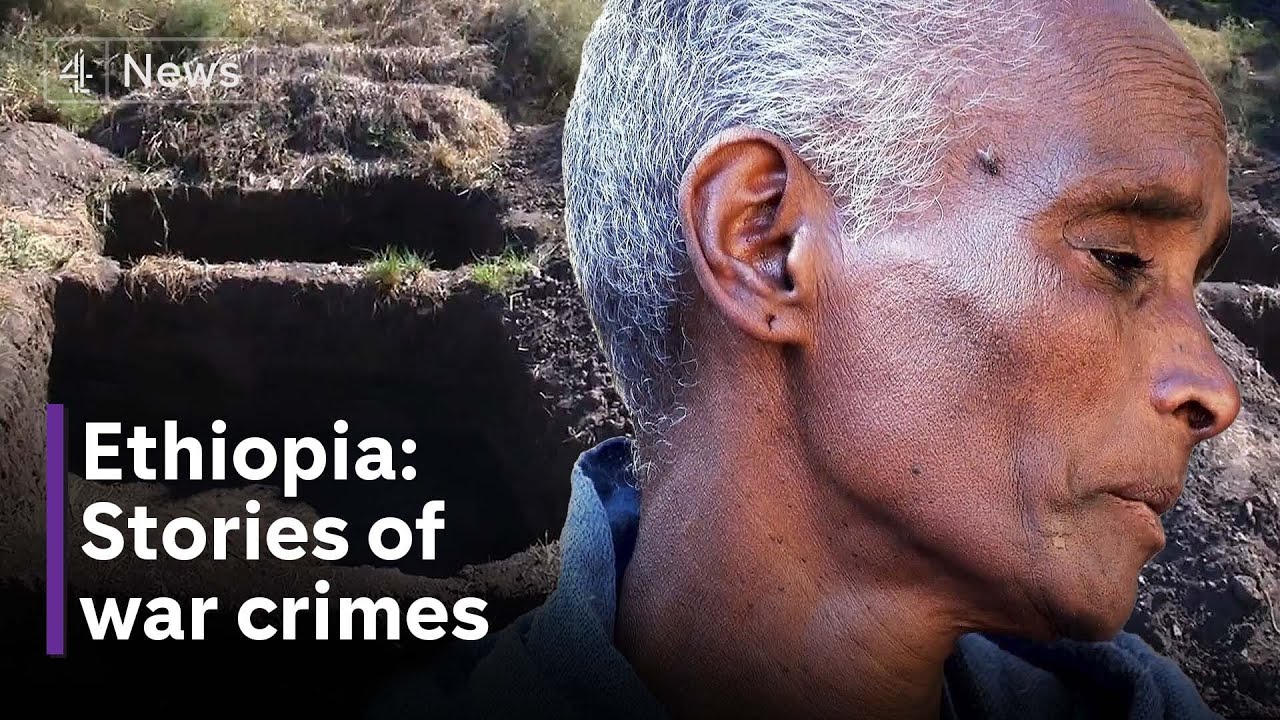
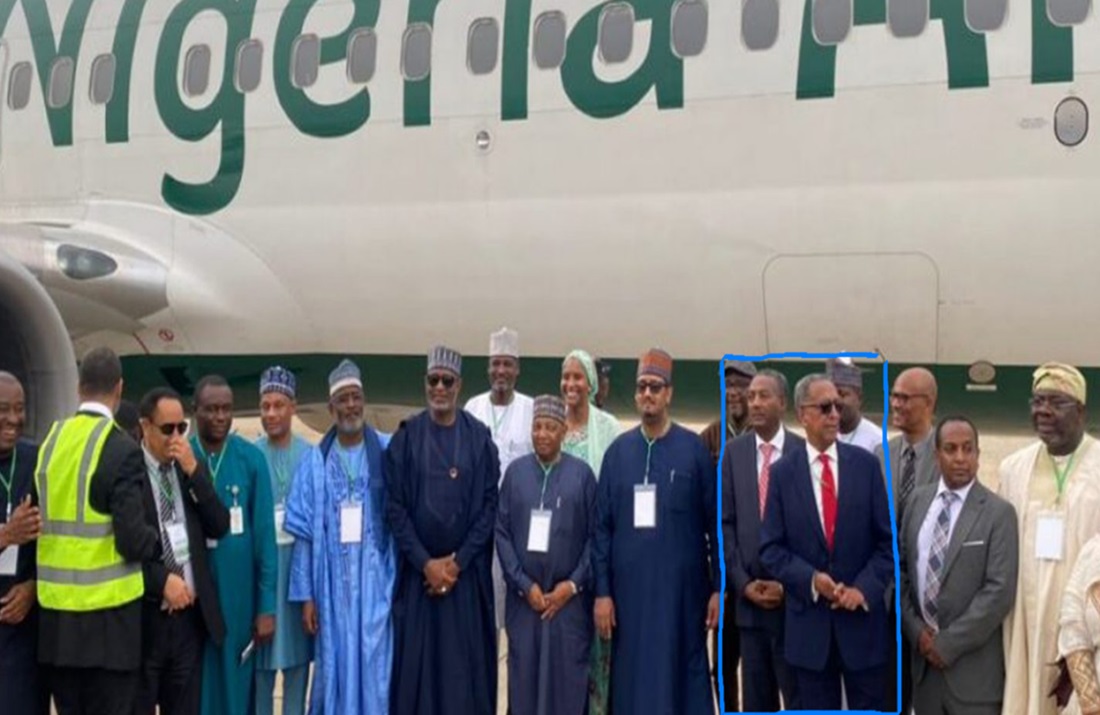


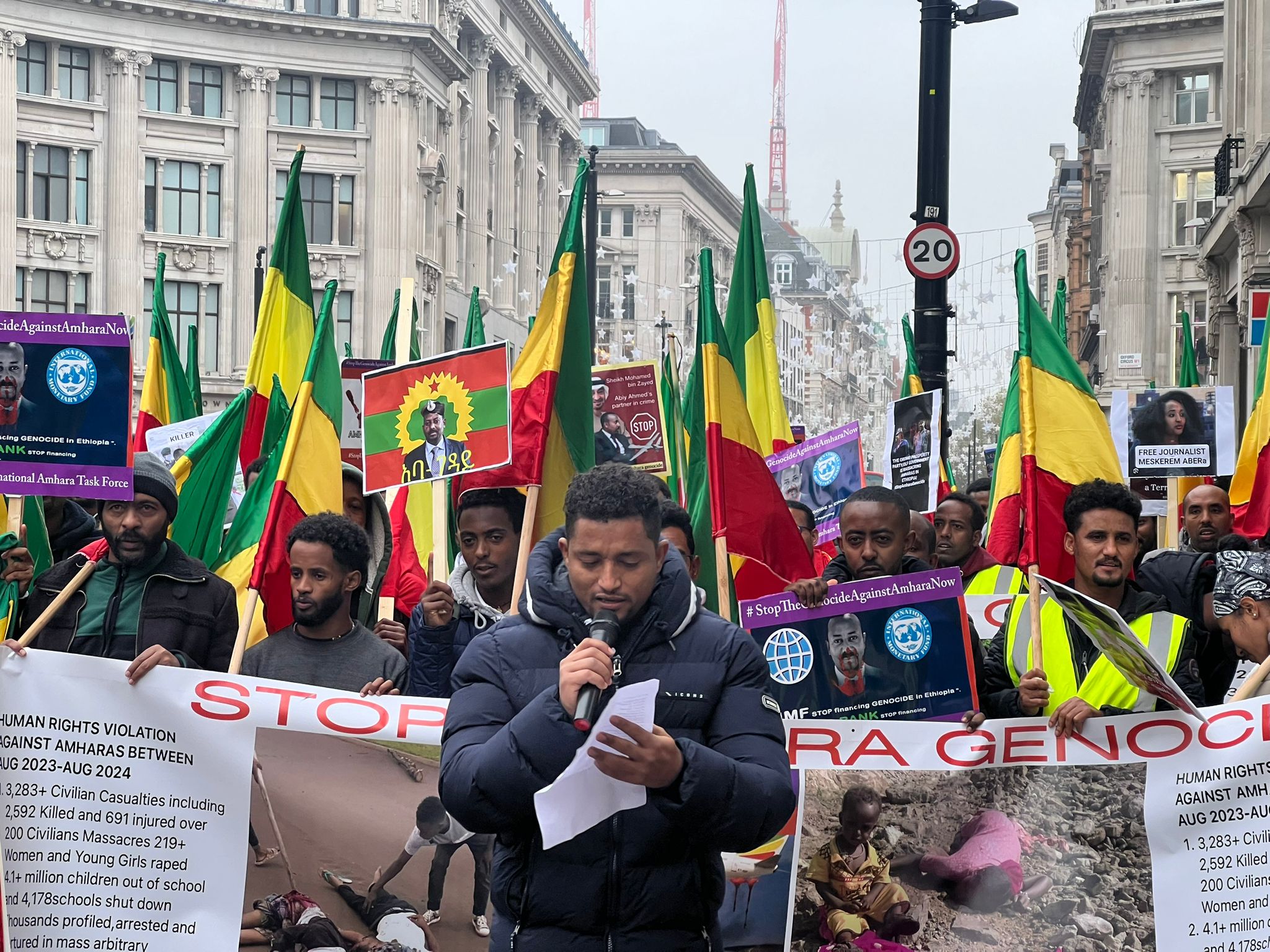
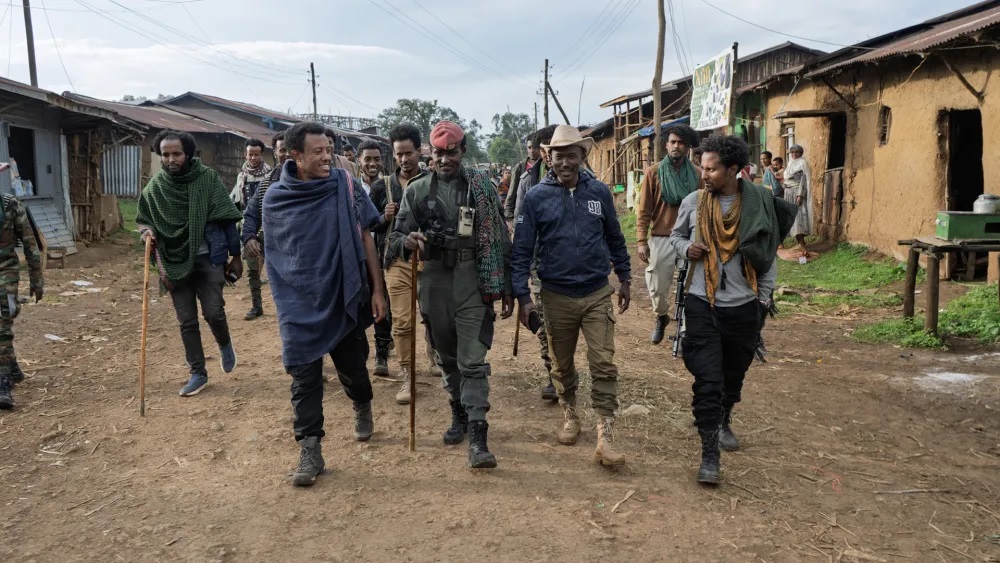

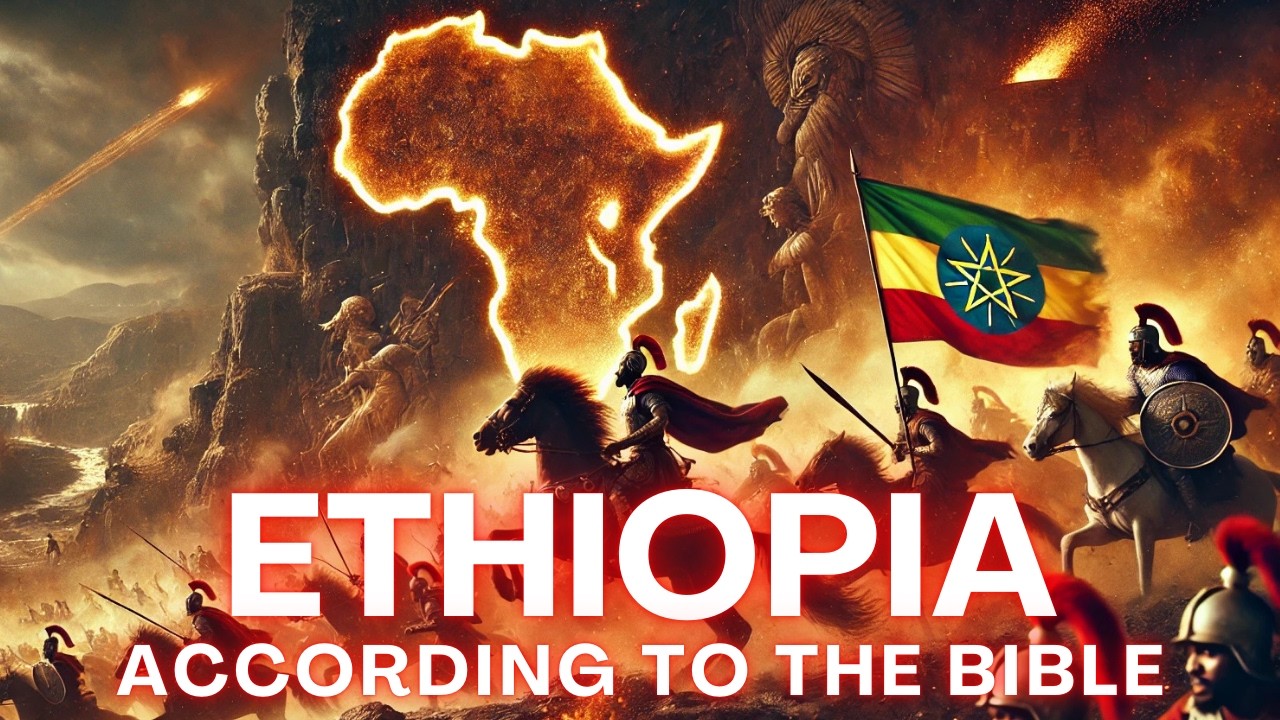
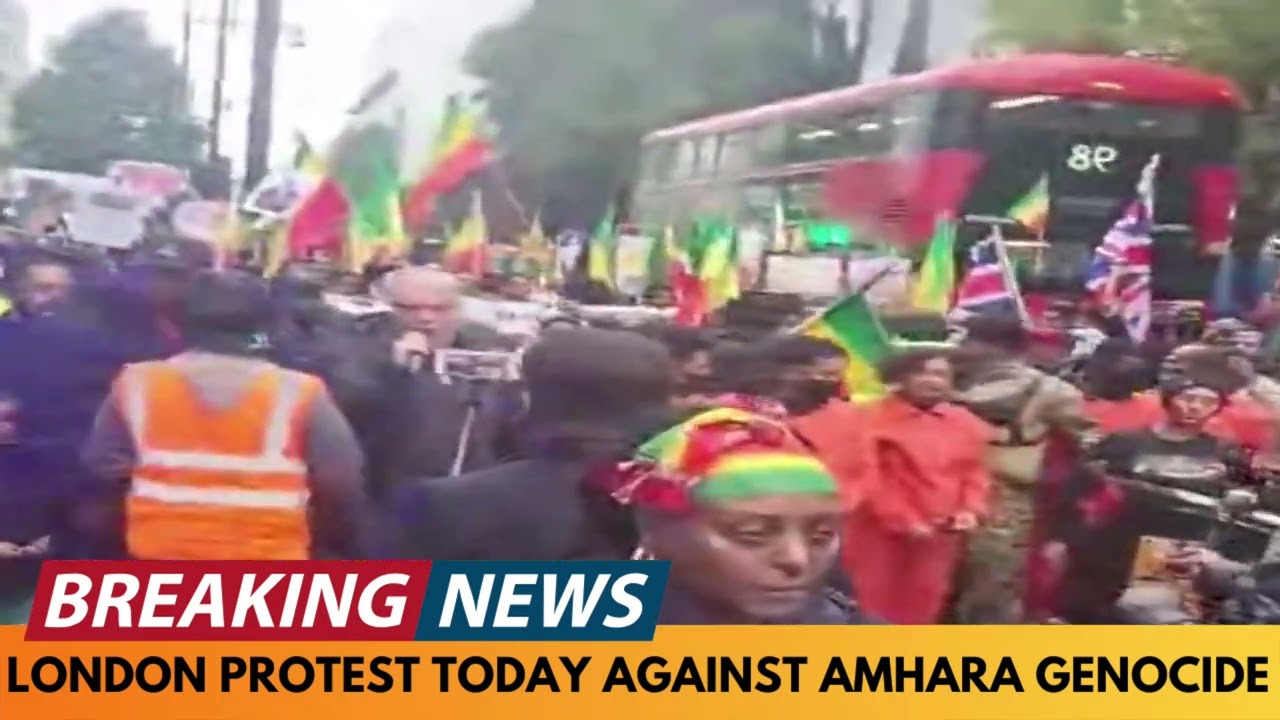
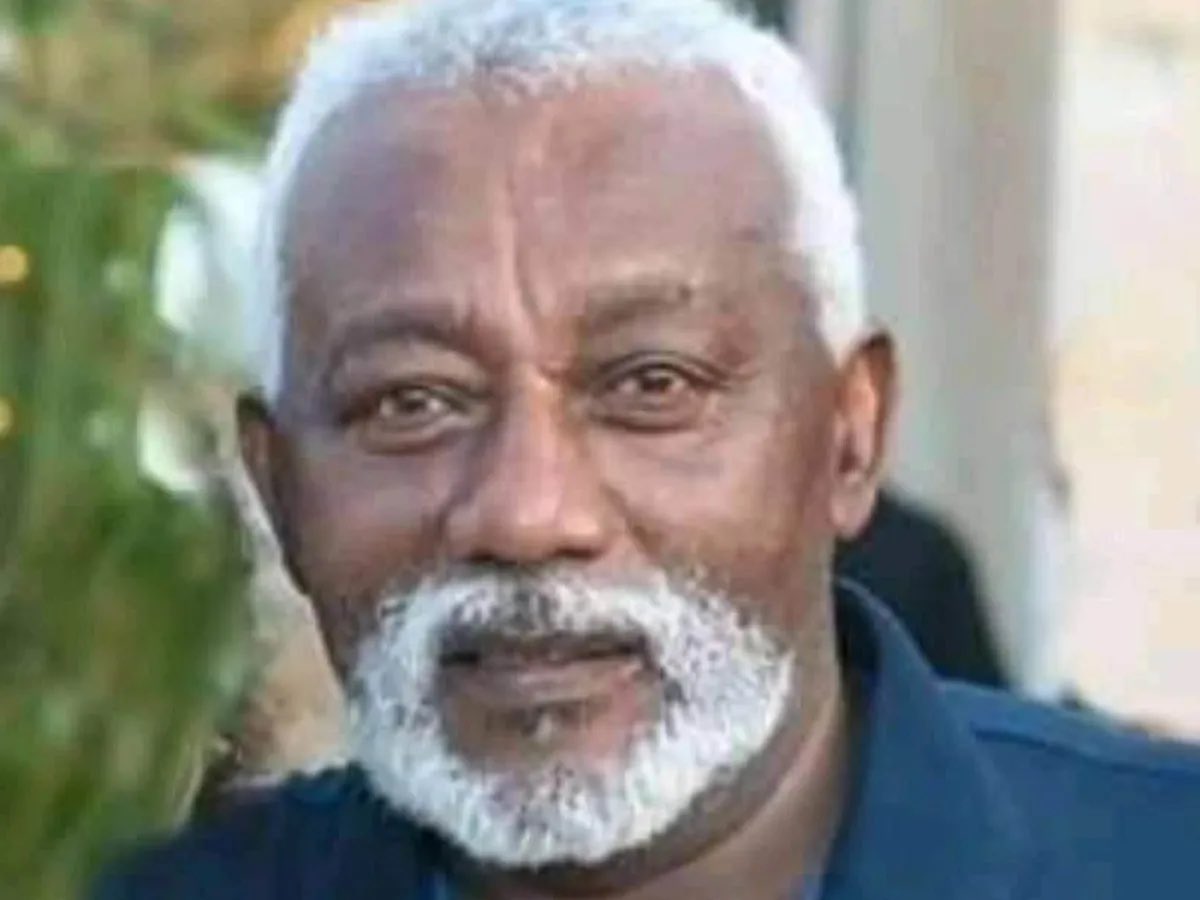
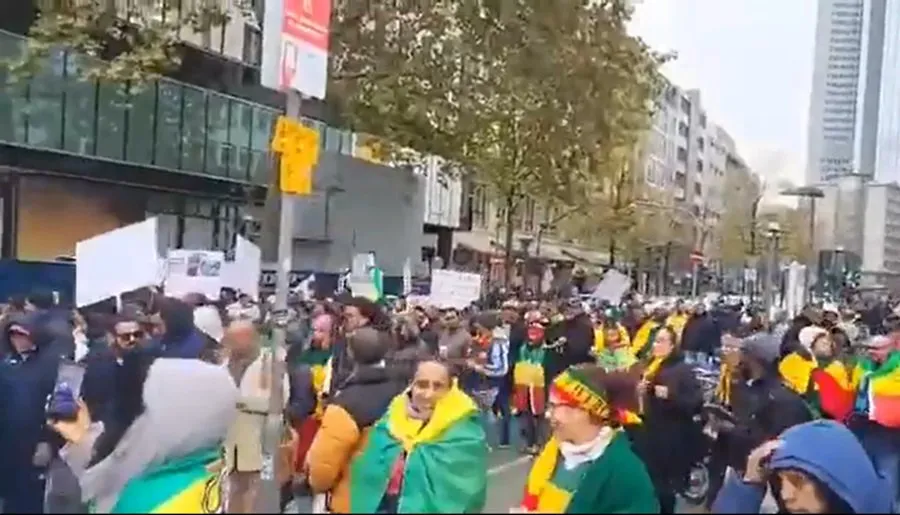
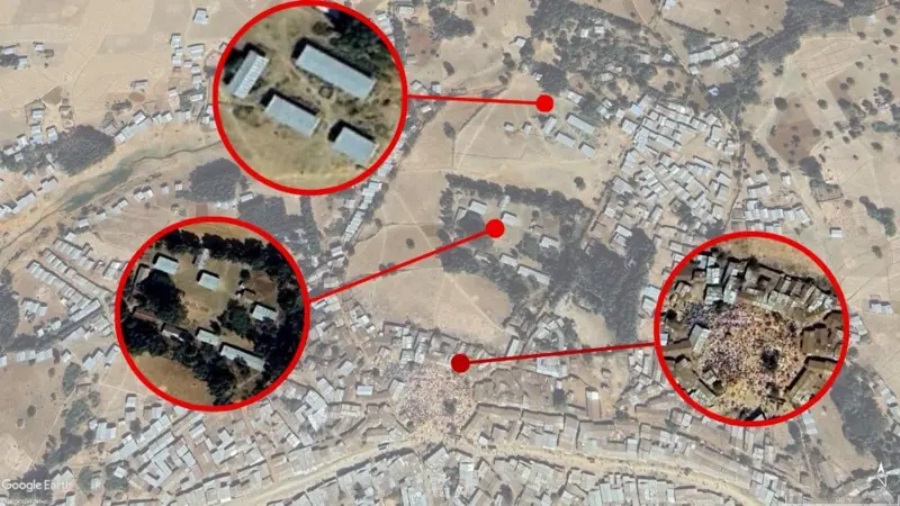

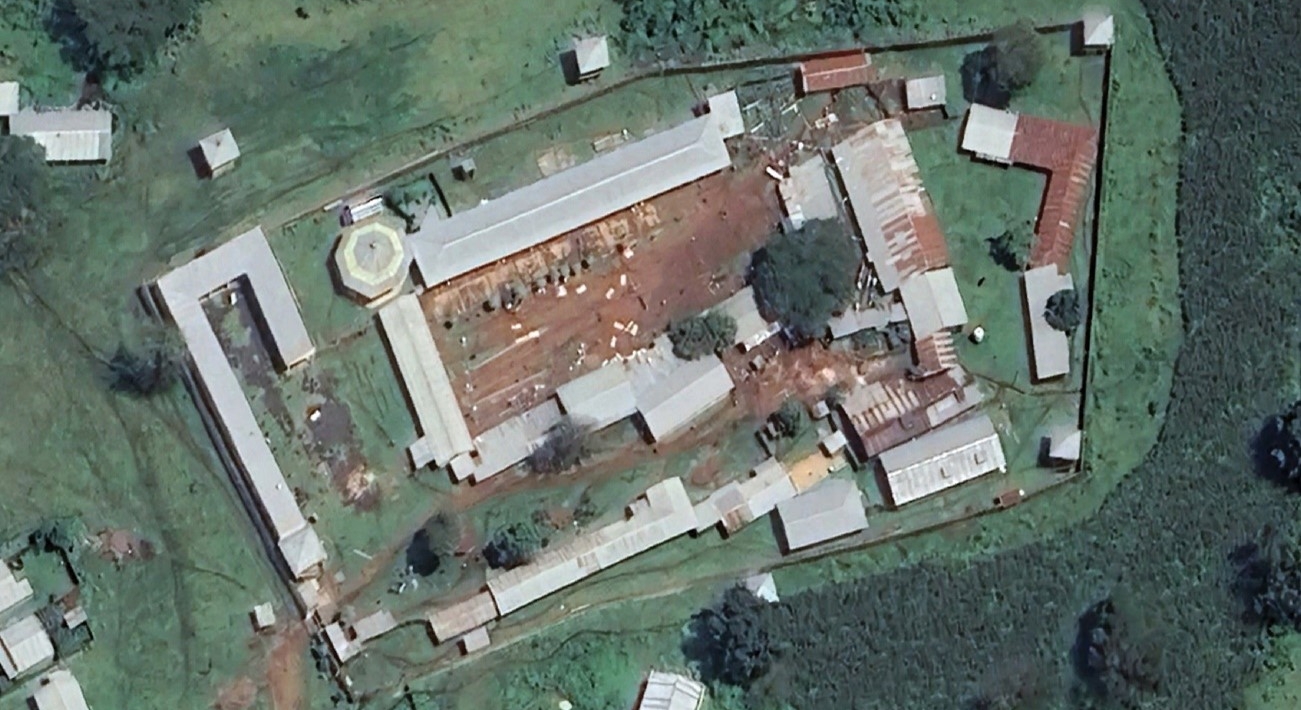
Is the ICC the only way this man can be brought to justice? Is there no other way?